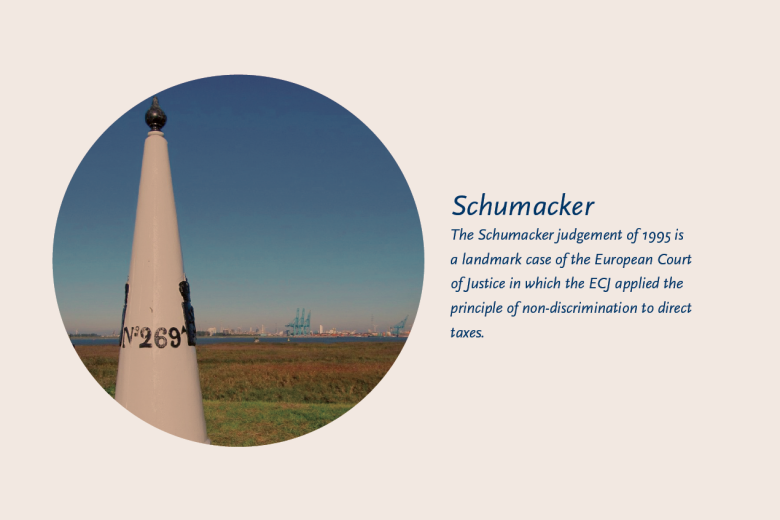The crucial role of information in the context of VAT taxation
In the context of (EU) VAT, Nellen’s dissertation illustrates that information procurement by the entrepreneur can be a challenging affair.
On March 30, 2017, Frank Nellen will defend his dissertation titled “Information asymmetries in EU VAT” in the auditorium of Maastricht University. His research focuses on the information position of the entrepreneur in the context of (EU) VAT taxation.
In order to apply VAT in line with the conditions of the legal system, an entrepreneur generally requires various items of information from his transaction counterparts (i.e. suppliers and customers). For example, an entrepreneur who carries out cross-border advisory services needs to establish whether his customer is a VAT taxable person, what the place of establishment of that customer is, etcetera. On occasion, the required information is of a detailed or even confidential nature. In the mentioned example, the entrepreneur may have to ask the customer where the latter’s central management decisions take place, or how the rendered advisory services are effectively used.
In the context of (EU) VAT, Nellen’s dissertation illustrates that information procurement by the entrepreneur can be a challenging affair. Beyond such practical aspects, the author also carries out a legal analysis of situations in which the entrepreneur ultimately proves unable to obtain the required information from his transaction counterparts (i.e. situations involving ‘information asymmetries’). In particular, he addresses the question to what extent the entrepreneur should be confronted with VAT assessments and sanctions (e.g. fines) in case he is subject to an information asymmetry.
Nellen maps out various elements of (statutory) EU VAT law which imply the risk of information asymmetries for the entrepreneur. Additionally, he addresses the legality of VAT assessments and sanctions in situations involving information asymmetries. With regard to these aspects, the dissertation is relevant for entrepreneurs, VAT practitioners, scholars, and judicial experts alike. Since Nellen also suggests various (legislative) changes in order to facilitate the information position of entrepreneurs, his research results are also usable for legislators and policymakers.
This blog is published on Law Blogs Maastricht
F.J.G. Nellen
Frank Nellen is Associate Professor of VAT and Customs Law at Maastricht University and a director at Baker Tilly Netherlands NV, where he focuses on knowledge management and international tax advisory. From 2008 to 2016, he worked as a tax advisor at KPMG Meijburg & Co in Eindhoven. He is a member of the Dutch Association of Tax Advisors, and a guest lecturer at the VU University in Amsterdam and at the Erasmus University in Rotterdam (EFS programme).

-
The EU-UK Trade and Cooperation Agreement and UK tax subsidies: no recovery after Brexit?
After the initial relief that followed upon reaching a Trade and Cooperation Agreement between the European Union and the United Kingdom on Christmas Eve, we slowly see how this treaty is going to affect the tax domain. In this blog I will briefly focus on the area of fiscal state aid, i.e. the...

-
Schumacker
Schumacker is one of the most important cases in EU tax law. It opened the door to many more legal proceedings before the CJEU that tested the limits the Member States’ tax sovereignty against the force of EU law.

-
Ruminating over equalisation levies
There has been much brouhaha about equalization levies in the context of the digital economy. One of the hotly debated issues is whether such levies are covered by tax treaties at all. In this post, I should like to reflect over this issue as objectively as possible. I shall not, however, delve into...
